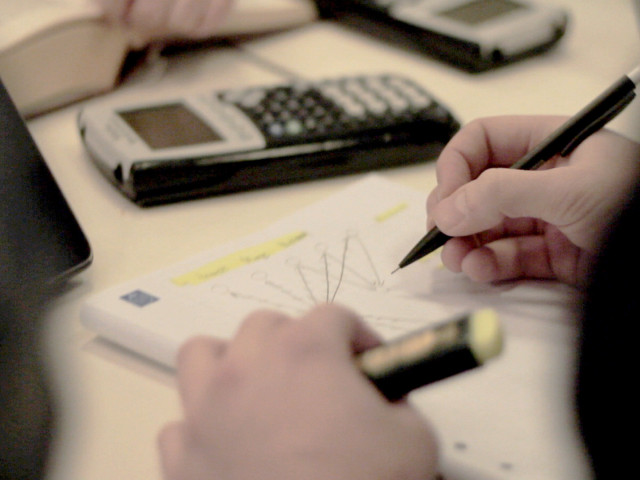1. Replacing GDP as a measure of progress
2. Local Sustainable Development
3. European issues on Sustainability & Economics
4. Sustainable transport systems in a global context
5. Climate Change and the Conditions for Industrial Transformation
6. Corporate Social Responsibility
7. Clean Tech - Using Technology to Change the World
8. Water Resources and Management
The objective with the course is to give the student a deeper knowledge in both technical and non-technical issues concerning sustainability and its interaction with economic issues.
After the course the student should be able to:
- account for the general principles of sustainability and how it interacts with economic conditions and restrictions
- account for the principles of large infrastructure systems, as e.g. transport and water systems, related to sustainability and economics
- describe alternative measurement tools to GDP
- account for the meaning of Clean Tech for a sustainable development
